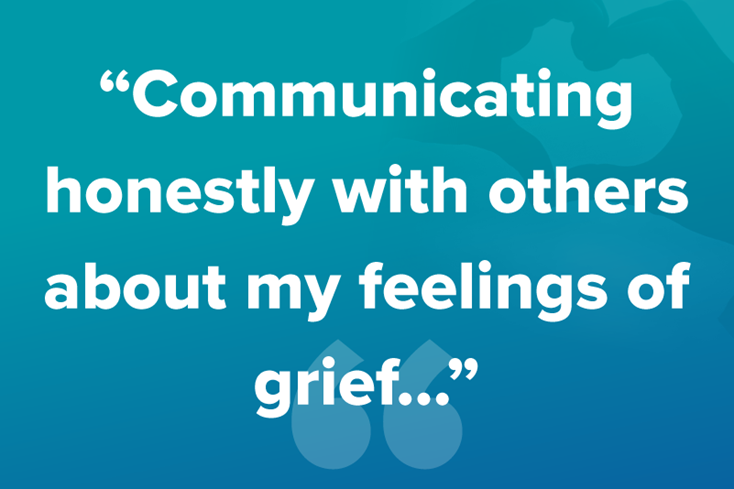September 17, 2020
By Michael Bamarni

As someone who has lost a loved one to suicide, I understand why it’s such a taboo topic. There are layers of anger and guilt over their decision, but also sadness and confusion. Why did they do it? Why wasn’t I enough? What am I going to do without them? Who am I without them? Am I really never going to see them again?
Support is crucial in life because communicating honestly with others is one of the main ways we can begin to heal from emotionally painful experiences. However, the profound level of loss brought on by the suicide of a loved one can often lead to many negative reactions, such as self-isolation and fears of opening up to new people. The dark time, which in my case lasted four years, was extremely self-destructive. I kept my insecurities and resentments to myself and did not want to accept reality. This led me to make regrettable decisions.
Even with the help of a therapist during this time, I was unable to cope with the grief until I reached out to family members. I had known my therapist since I was eight years old due to childhood trauma, but he simply wasn’t someone I could share my deepest fears and insecurities with easily. In my opinion, no matter how much you know and trust your therapist, there is still a separation from genuine closeness due to the transactional aspect of the counseling relationship and the limited and scheduled time for interacting. I am not here to discredit therapy as I have seen great benefits from the process for myself and for others, but it was difficult for me to address my grief from the suicide of a loved one with a therapist.
So, what can we do to help and be helped during traumatic situations of grief? The answer, no matter how simple it may seem, is to connect with others. Allow yourself to be vulnerable with them and have faith they won’t betray your trust. This is much easier said than done, so here are some recommendations I have learned:
Communicating honestly with others about my feelings of grief related to suicide has been a critically important part of my healing process. If you find yourself in the aftermath of a similarly devastating loss, I hope you will dig deep and open up to the people around you who care about you. Hopefully it will help you, too.
We’re always accepting submissions to the NAMI Blog! We feature the latest research, stories of recovery, ways to end stigma and strategies for living well with mental illness. Most importantly: We feature your voices.
LEARN MORENAMI HelpLine is available M-F, 10 a.m. – 10 p.m. ET. Call 800-950-6264,
text “NAMI” to 62640, or email. In a crisis, call or text 988 (24/7).